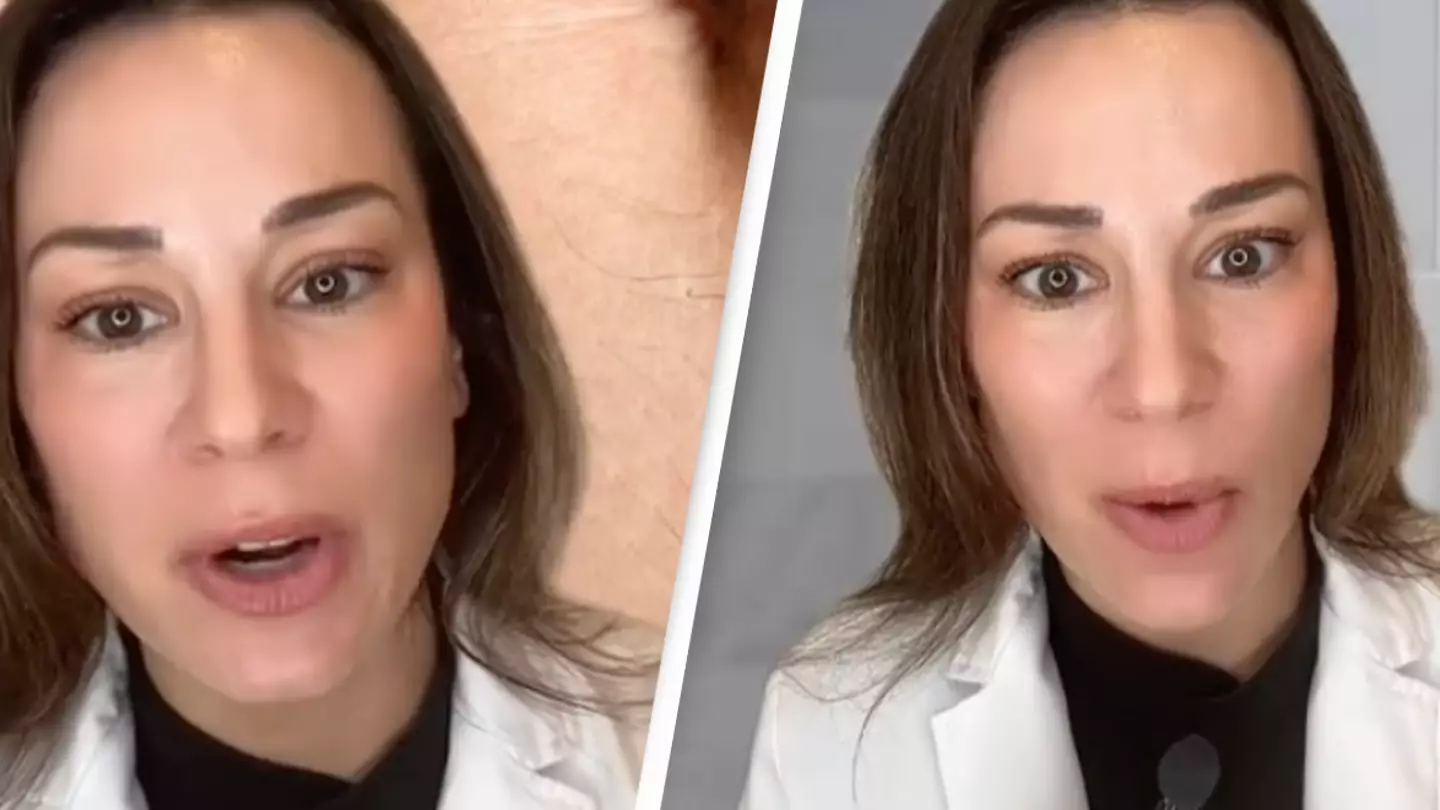
While we'd all like to think of ourselves as clean and hygienic people, we might be missing three places on our body that are extremely important to clean.
It's different for each person on how often they may shower - it's said showering daily is fine, but even just two or three times a week is enough to maintain good health.
However, it's where you're washing that could prove the most important.
According to dermatologist Lindsey Zubritsky, there are three places that are really important to make sure you're always washing; and some may surprise you.
Advert

Firstly is behind your ears.
Many people's mums will have told them to make sure they wash behind their ears when having a bath as a kid, and she was right to say this.
In a video shared to Zubritsky's Instagram page @dermguru, the skincare expert explained why this spot in particular is important.
Advert
"If you [touch behind you ear] and you notice an odor to it or you feel something, you should be washing it more," Zubritsky insisted.
Apparently behind the ear is a 'super common area to get flaking and build up of dandruff'.
Secondly is your bellybutton.
Undeniably, I can imagine that area isn't that high up on a lot of people's washing priorities.
Advert
"This is a super common area to collect sweat, debris, dirt, buildup," said Zubritsky.
"In fact, if you're not cleaning it enough you could get enough debris and dirt in there to develop a naval stone."

Had no idea a naval stone was a thing? Me neither.
Advert
The last place that Zubritsky says is important is slightly more obvious - behind your nails.
The dermatologist urged people to make sure that they're using a nail brush to really clean behind the nail.
As to why these places are so important to clean, according to Zubritsky not cleaning behind your ears, your nails and in your bellybutton enough could make you are a carrier of Methicillin-resistant Staphylococcus aureus (MRSA).
“If you keep getting bacterial infections on the skin, you could be a colonizer of MRSA in those areas,” she warned.
Symptoms of MRSA include painful and swollen skin, skin that feels warm when you touch it, leaking and pus from the sore area and if it looks red.
Advert
The infection could then spread to a person's vital organs including the lungs, as well as the blood. If it spreads to these places, MRSA can prove fatal.
Some strains of MRSA have been proven to kill within 24 hours.